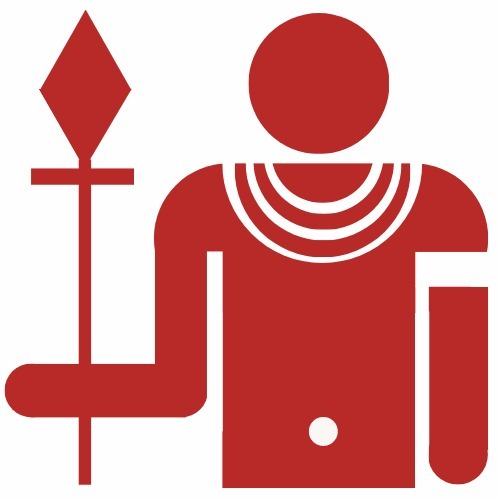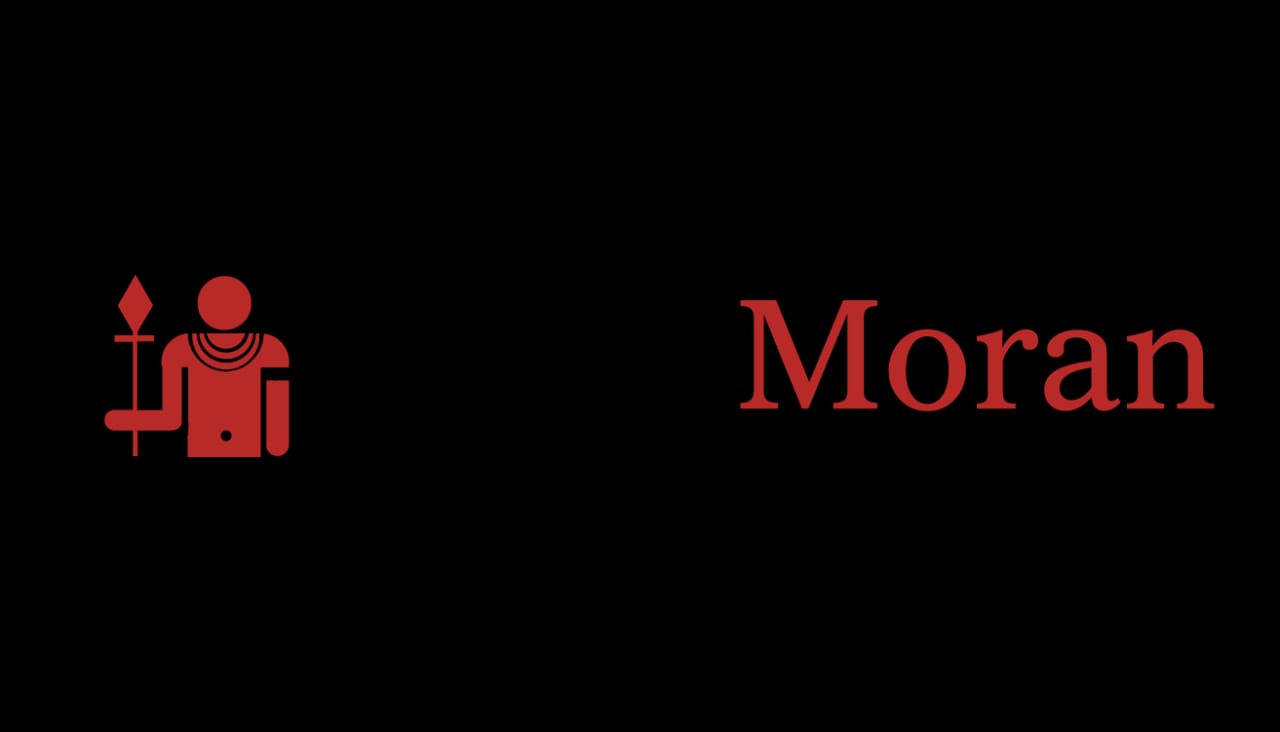Price wars have been raging between ride-hailing firms for a long time and the little guy is now feeling the pinch. On Monday morning, digital taxi drivers from Little, Uber, Taxify, MondoRide among others, have gone on strike, demanding their firms raise prices.
The Monday strike resulted in higher prices, longer waits and ejection of riders from taxis that continued to operate. The strike was later suspended amid negotiations between them and transport sector stakeholders.
The Digital Taxi Association of Kenya (DTAK) claims that prices have gone so low drivers are having a hard time maintain their cars, let alone earn a decent salary from them.
In September of 2017, Uber drivers went on strike in September resulting in the company hiking ride prices to KES 42 per kilometer. However, in the absence of a written agreement, they have gradually been reducing them since. Uber takes the highest commission at 25% off the top. It is currently charging riders KES16 per Kilometre for Uber Chap Chap and KES27 per Kilometre for Uber X. Taxify charges KES14 per kilometer and a much lower 15% commission.
The drivers demand a hike to at least KES60 per kilometer and for commissions to be slashed to 10%, claiming most of the cars in operation cost at least KES45 per kilometer to fuel and maintain. DTAK Chairman David Muteru on Monday said the strike pushes for fair pricing in the industry and better terms from taxi hailing companies. “Recently there has been a price war are which has made this work untenable. When these guys entered the market it was Ksh60 per kilometer and Ksh4 per minute, today it’s only Ksh16 per kilometer and Ksh2 per minute,” Mr Muteru said.
Uber spokesperson said in a statement, “We constantly monitor fares and examine rider price sensitivities to ensure fares are correctly priced so that riders continue to take trips and drivers have access to more fare-paying passengers.”
Drivers say they are not against companies offering discounts to customers in a bid to stay competitive, but press that they want to be part of the conversation, as discounts coupled with low prices and hgh commisions, their earning are greatly reduced.
DTAK petitioned Parliament last month to regulate the price wars among digital taxi companies but were directed to the Ministry of Transport.
In a letter delivered to the ministry on Monday, the drivers also flagged poor working conditions that include long working hours required to make ends meet and the resultant insecurity. “So far at least thirty-five drivers have died while on duty. Neither a word of consolation nor any recompense has been given by any of the taxi-hailing companies. Due to the ease of signing up as a rider without the need for any background checks, drivers ferry all kinds of dangerous persons,” they said in the letter.
“In addition, due to low fares the drivers are forced to spend at least 20 hours behind the wheel to make anything meaningful, this not only endangers the drivers and the riders but also other road users,” they added.
Taxify recently sent drivers a text forbidding them from asking riders where they were headed before picking them up, in response to concerns that drivers cancel low cost trips. Drivers countered saying trips to certain areas such as Kayole could turn deadly for drivers.
They also added that they would continue canceling rides for customers paying via card unless taxi companies make payments available to drivers immediately, a move Kenya’s Little has been able to implement.
The drivers’ representatives are currently in talks with the firms and officials from the Ministry of Transport to resolve their issues as soon as possible.


